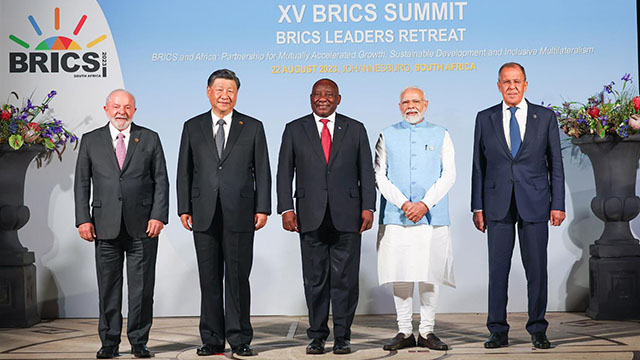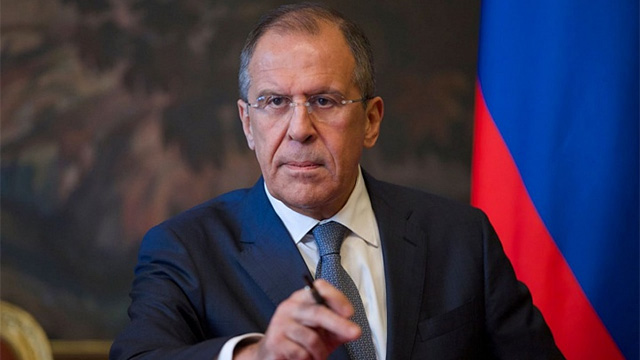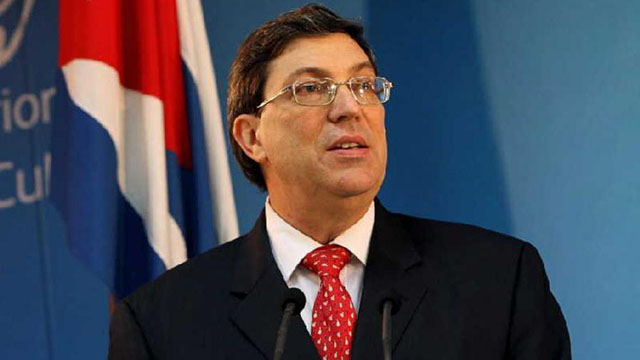The leaders from the five-member group of nations known as BRICS — Brazil, Russia, India, China and South Africa — have started their crucial three-day summit in Johannesburg on Tuesday, August 22nd. At the 15th BRICS Summit in South Africa, these leaders are discussing expanding the club that harbours ambitions of becoming a geopolitical alternative to the West-led forums like the Group of Seven (G7).
The 15th BRICS Summit in South Africa has garnered an unprecedented level of international interest since the group was first formed 14 years ago. Geopolitical experts and Western diplomats are reportedly monitoring the diplomatic manoeuvres by the developing economies of the Global South that want to become members of the bloc that now consists of countries that house 40% of the world’s population and contribute around 26% of the global GDP.
Russia’s special military operations in Ukraine along with a trade war and rising tensions between Beijing and Washington DC have reinvigorated the debate over whether the bloc will remain a loose trade alliance or become a new international coalition.
Due to a warrant issued by the International Criminal Court (ICC) against him, Russian President Vladimir Putin isn’t physically travelling to Johannesburg but is appearing through video conferencing. As South Africa is an ICC member, President Matamela Cyril Ramaphosa’s government didn’t want to create any ignominy for his Russian counterpart.
However, Putin has downplayed the ICC warrant and reportedly told the press that his presence in Russia is more important than being in South Africa.
Leaders land in Johannesburg
Indian Prime Minister Narendra Modi was received at the Johannesburg Airport on Tuesday, August 22nd, by South Africa’s Deputy President Paul Shipokosa Mashatile. A traditional dance programme was organised to welcome the prime minister, while a large number of the Indian diaspora also lined up to greet him.
Chinese President Xi Jinping was received at the OR Tambo International Airport of Johannesburg on Monday, August 21st, by Ramphosa, accompanied by South Africa’s International Relations and Cooperation Minister Naledi Pandor, and Nkosazana Clarice Dlamini-Zuma, minister in the Presidency for Women, Youth and Persons with Disabilities.
South African women gifted flowers to Xi, while a guard of honour saluted him. A traditional welcome dance was also performed for the Chinese leader.
Russian Foreign Minister Sergei Lavrov attended the 15th BRICS Summit in South Africa on behalf of Putin. Lavrov reached Johannesburg on Tuesday and he was also greeted with a traditional dance at the Johannesburg Airport. The foreign minister was seen joining the dancers for a while.
Brazilian President Luiz Inácio Lula da Silva landed in Johannesburg early on Monday. Lula da Silva was welcomed at the Johannesburg Airport by Pandor. The Brazilian president was also greeted with the traditional South African dance.
Who said what?
Prime Minister Modi, along with others, participated in the BRICS Business Forum Leaders’ Dialogue in Johannesburg on Tuesday.
Modi highlighted the various reforms undertaken by his government to improve the “ease of doing business”. He invited BRICS business leaders to participate in India’s developmental journey.
“India will be the growth engine of the world. It’s because India turned calamity and tough times into economic reforms. In the last few years, the ‘ease of doing business’ in India has improved due to the work done in the mission mode”.
The prime minister underscored that by uniting various powers, BRICS can contribute significantly to global welfare, particularly of the Global South.
Xi was awarded the Order of South Africa by Ramaphosa at a programme, where the Chinese president underscored the importance of China-South Africa ties. The Order of South Africa is the highest decoration and the highest honour that South Africa awards to an important and friendly head of state.
The Chinese president highlighted that the China-South Africa comprehensive strategic partnership has entered a “golden era”, due to deepening political mutual trust between the two countries, and due to the fruitful results from several mutually beneficial and practical cooperation in various fields.
“I believe that this summit of the leaders of the member countries of the association will be an important milestone in the history of the development of the BRICS mechanism, that it will strengthen cohesion and cooperation among developing countries to an even higher level”, the Chinese Foreign Ministry’s website quoted Xi.
Addressing the BRICS Business Forum Leaders’ Dialogue from Moscow, Putin stressed that the BRICS countries can outperform G7 states in terms of purchasing power parity. Putin claimed that the “five” founding member countries’ GDP can become more than that of the G7 in the current fiscal year.
“The forecast for 2023 is 31.5% against 30%” of the G7 countries, the Russian president said. He also stressed the need for de-dollarisation to achieve better financial independence and grow global multilateral trading.
Putin highlighted the importance of BRICS for Russia, as its multi-lateral trading with these countries has increased manifolds, despite the sanctions imposed on Russia by the US-led West.
“Mutual investments among BRICS states have increased six-fold and their total exports have reached 20% of the world exports. For Russia, the trade volume with BRICS partners has increased and grown by 35.6% in the first half of this year”, the Russian president said.
Lula da Silva supported China and Russia’s stand against the West’s hegemony and said, “We cannot accept new global colonialism”. He also supported Putin’s call for de-dollarisation and stressed on building a common currency for inter-BRICS trading, without replacing the national currencies of the member states.
“I support a common trading currency for BRICS countries that will not replace our national currencies”, Lula da Silva said.
“The New Development Bank already represents a milestone in effective collaboration among emerging economies and is expected to be the global leader in financing projects that address the most pressing challenges of our time”, he added.
Addressing the BRICS Business Forum Leaders’ Dialogue as the chair of the 15th BRICS Summit in South Africa, Ramaphosa said, “Africa has a young digitally connecting and urbanising population. A population that provides a stable workforce for companies in future. The investment in skills… continues to grow.”
“These factors all position Africa as the frontier of productivity and growth…And, BRICS countries have an opportunity to contribute to and participate in Africa’s growth story”, the South African president added.
“This can be achieved through greater cooperation and areas such as agriculture, the digital economy. South Africa is in an important position to grow the African market”, Ramaphosa said.
The South African president also emphasised how colonialism in Africa and apartheid in his country hampered the growth of the continent in general and South Africa in particular. He stressed that African women need more opportunities to grow.
“We in Africa as we seek to grow and develop, are focusing on the empowerment of the women of our continent who have been held back through years of colonialism, and in our case through the years of apartheid through protocols and laws. We need to free the women of our continent so that they can trade, be in business and to grow the economies of our various countries”, he said.
What’s to be watched for at the 15th BRICS Summit in South Africa?
The most important part of the 15th BRICS Summit in South Africa, which will conclude on August 24th, is the expansion of the bloc and also the Johannesburg Resolution, which will be adopted by the member countries.
As a large number of countries—over 22—are waiting to be members of the crucial bloc, which is changing the geopolitical matrix of the world, it’s to be seen which all countries get lucky to be a member. So far, there is growing support in favour of Argentina, Bangladesh, Egypt and Saudi Arabia, while other countries aren’t lagging as well.
Whether the 15th BRICS Summit in South Africa paves the way to the development of a common currency for the club’s members for inter-BRICS trading is also worth watching. The development of such a currency will be a significant blow to dollar domination and the US’s economic hegemony in the Global South.
Also, the 15th BRICS Summit in South Africa may pave the way to a meeting between Modi and Xi, as the ties between the two Asian giants have deteriorated following a military skirmish in mid-2020 in Ladakh.
A dialogue between the two statesmen at the Summit may pave the way to the normalisation of ties, which remain in a deadlock at present although India’s bilateral trade with China has soared to $135.9bn in the financial year 2022-23.
India’s imports from China stood at nearly $101bn, with a trade surplus worth almost $70bn in favour of Beijing.
Although India has been rubbing shoulders with the US and has joined the anti-China military bloc QUAD, which is led by Washington DC, it remains an important export destination for China.
The 15th BRICS Summit in South Africa is taking place at a crucial hour when the member countries are drawing the ire of the West for not toeing its line and isolating Russia. Amid such threats, how these member countries tackle the situation is also worth watching.




